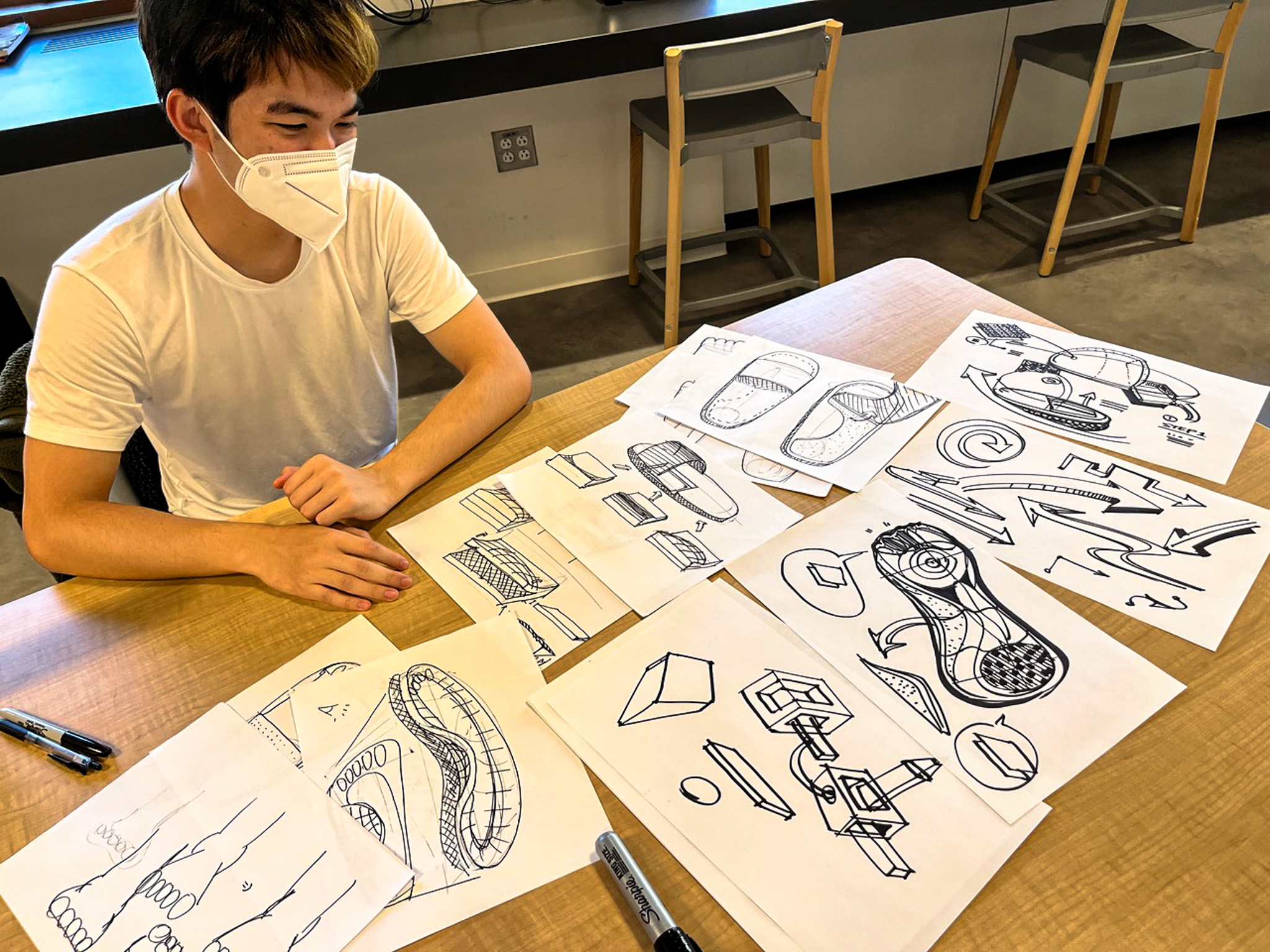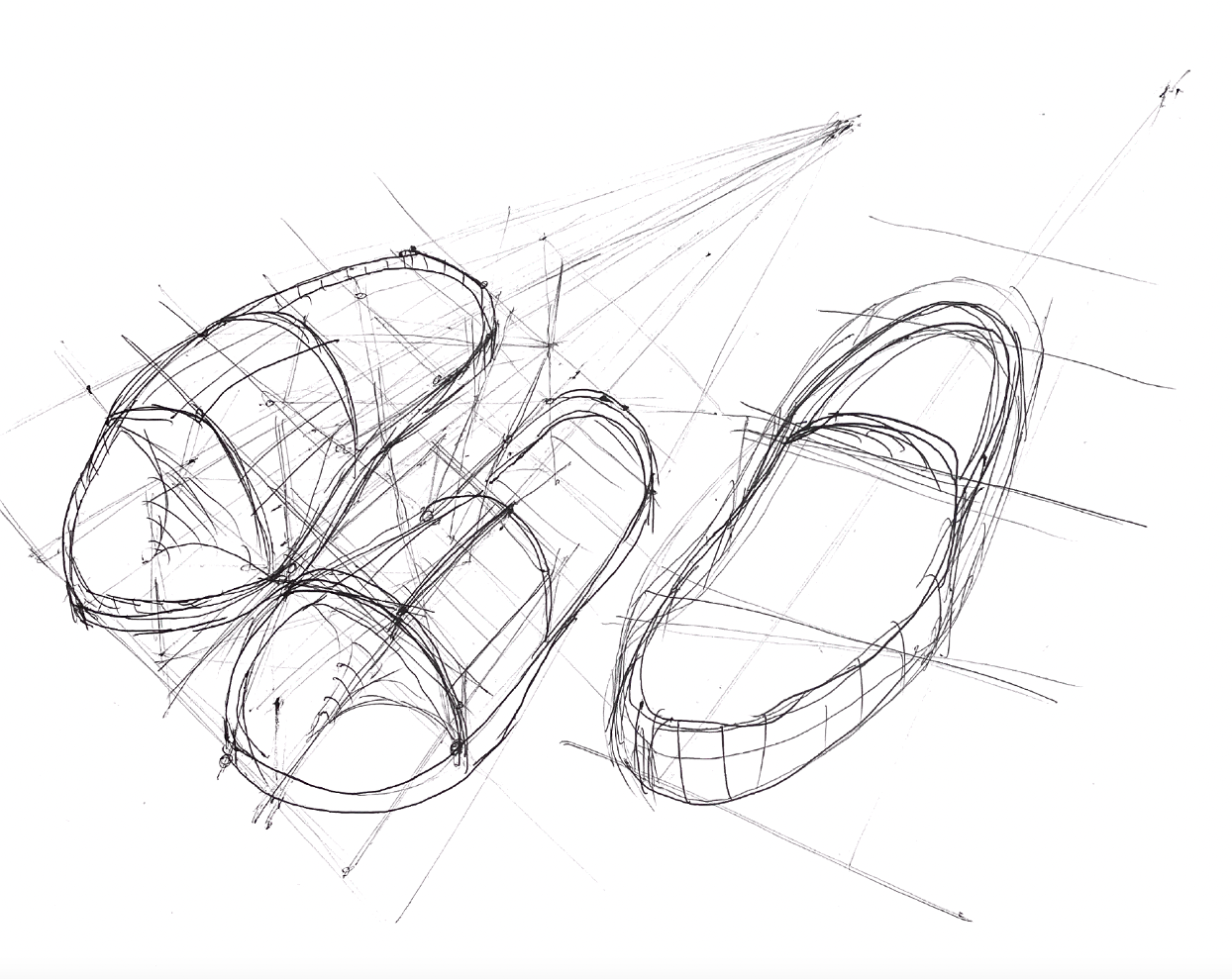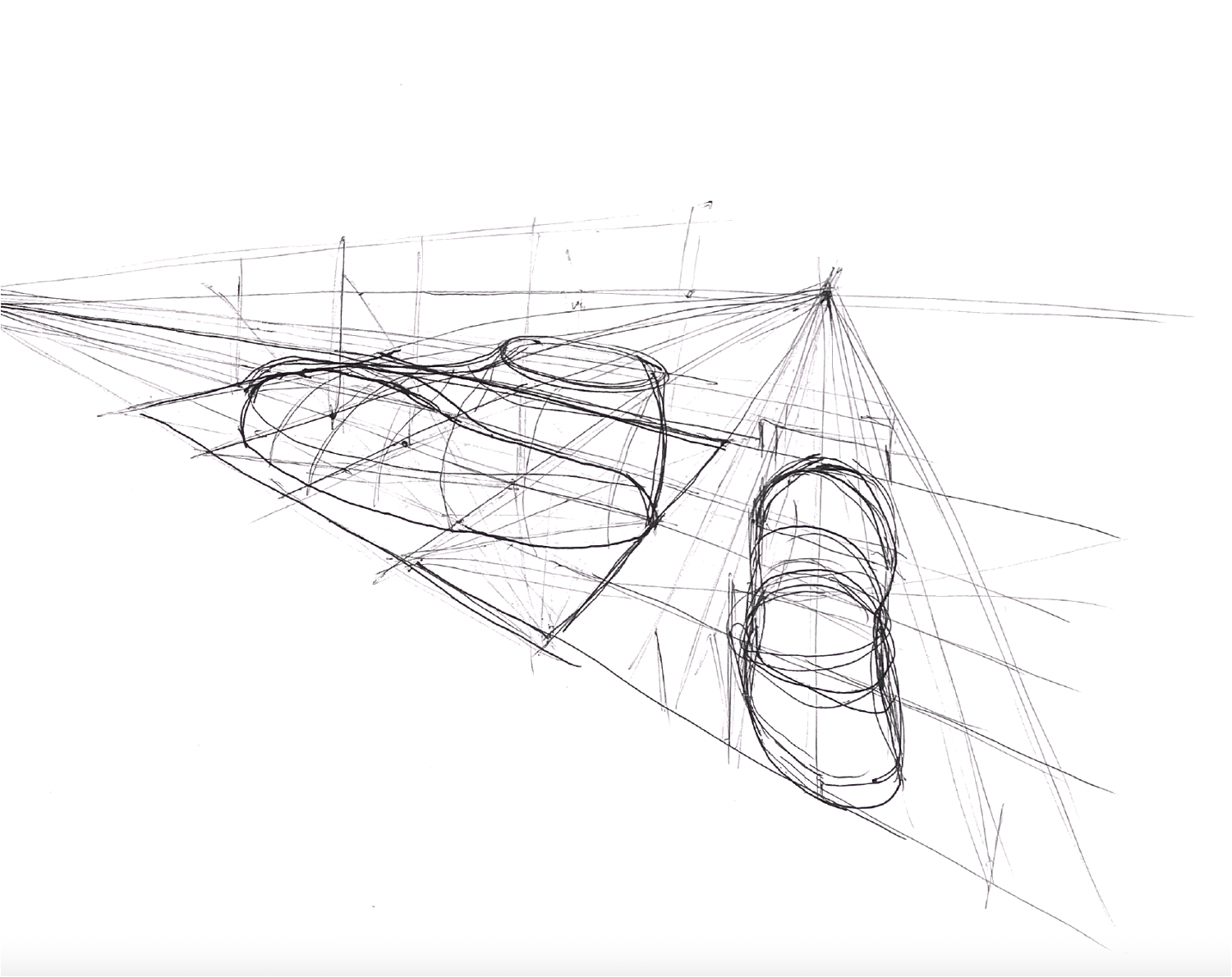SolMate
Rethink interatcions with ordinary daily objects. 2022.

Supportive Indoor Footwear Design
for the Aging Population
ProductDesign/Ergonomics
Reimagining Footwear for Seniors In this collaboration with the MIT AgeLab and designer Sheng-Hung Lee, we explored redesigning indoor shoes to better meet older adults' needs. Through sketches and interviews, we investigated ergonomic solutions to make footwear more accessible and comfortable for seniors.
Problem Statement/Identifying Needs
Adult-acquired flatfoot afflicts up to 5 million Americans, with over 50% of people over 40 at risk of developing this debilitating condition. It makes standing and walking more tiring, further reducing seniors' quality of life. While supportive designs like these are common in outdoor shoes, they aren't available for indoor footwear. However, seniors spend over 80% of their time at home, and studies show that supportive indoor shoes can increase their daily standing time by 2 hours.

